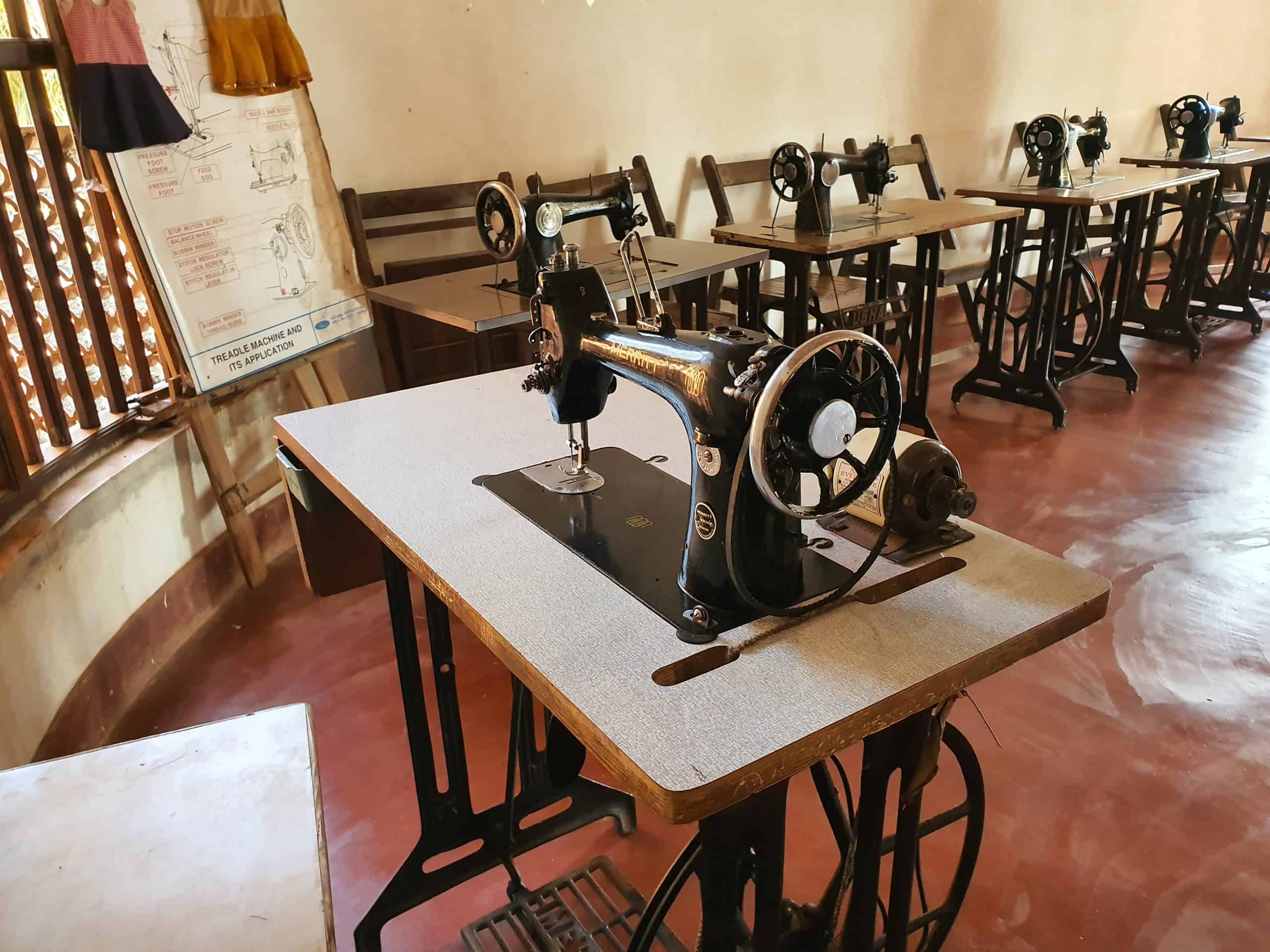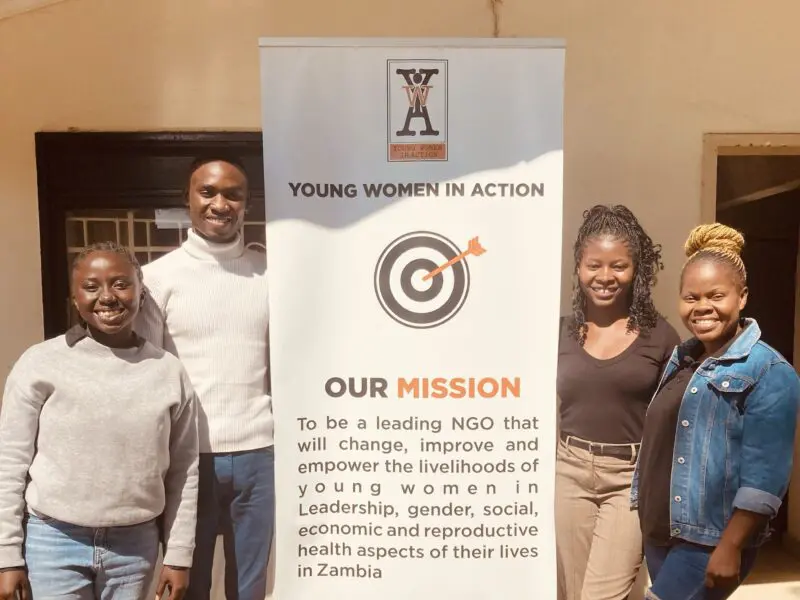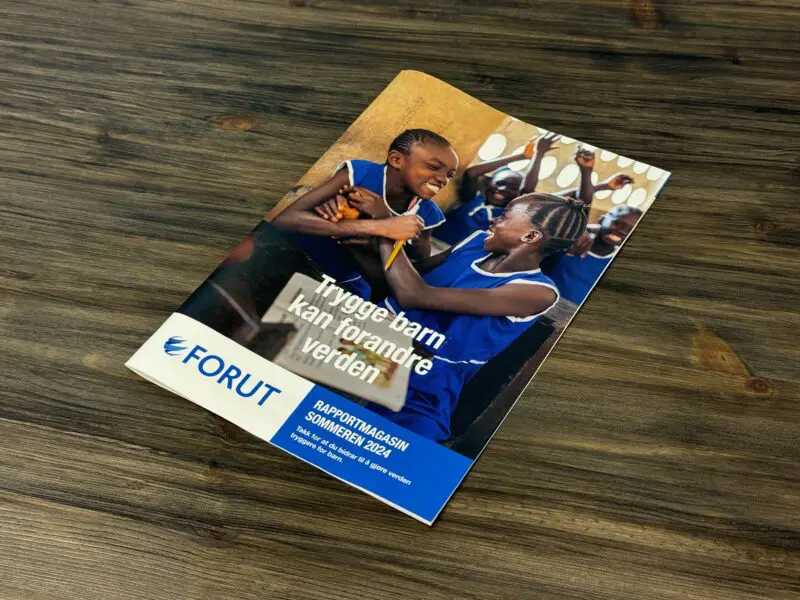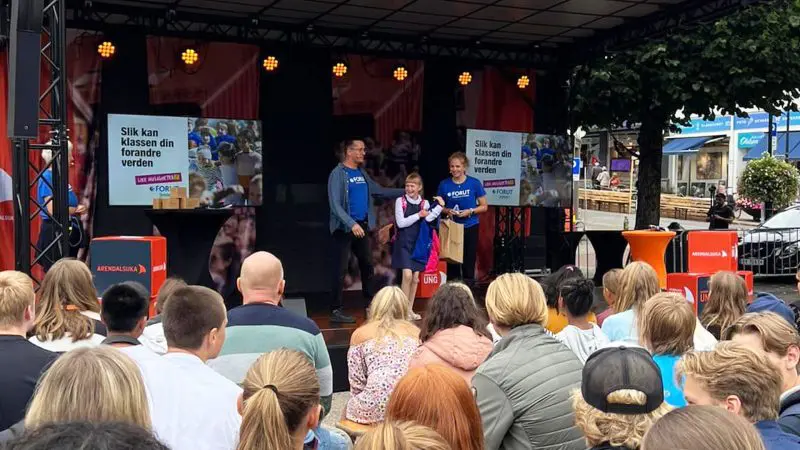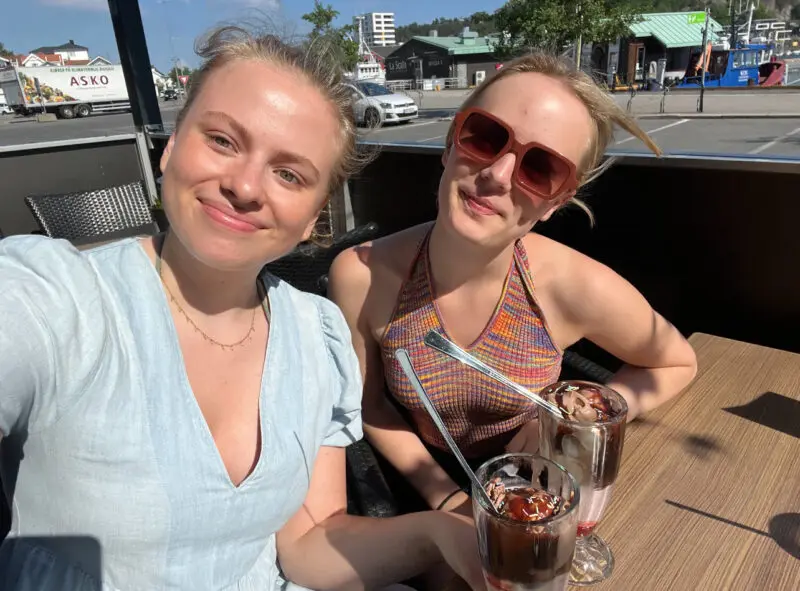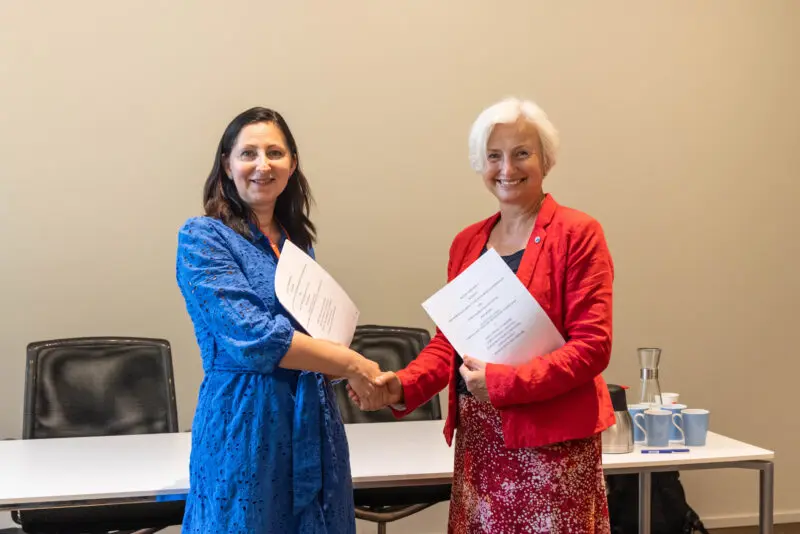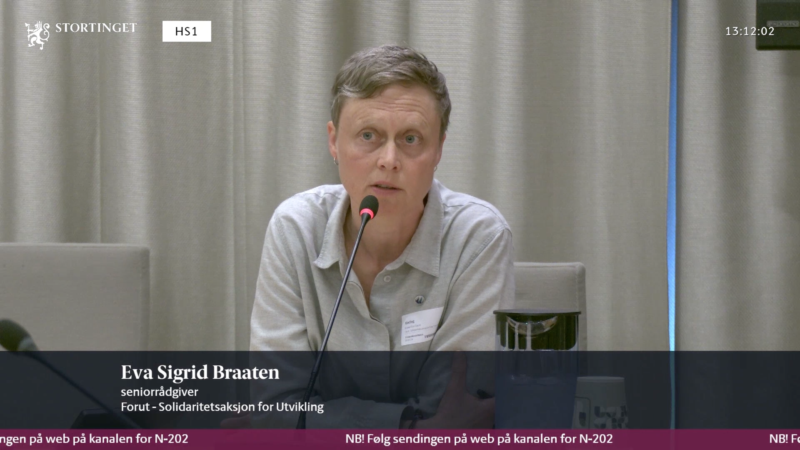Nedenfor finner du en redigert oppsummering av status fra FORUTs partnere i våre samarbeidsland. Oppsummeringen er på engelsk, og delt mellom alle FORUTs partnerorganisasjoner i dag. Ta kontakt med FORUT om du ønsker mer informasjon og bakgrunn knyttet til denne oppsummeringen.
- FORUTs utenlandsavdeling og Ingvar Midthun
MALAWI
- The situation is currently being undermined, seems like people do not take covid seriously anymore
- People can’t afford masks
- Hospitals- have guidelines such as if you are sick you should not visit
- Handwashing facilities
- If tested positive- you have to stay at home
- People testing positive are not getting the correct care- sometimes being put in quarantine centres which are not managed well
- The country does not have a strong system to track infected people and deaths due to covid, with A lot of dark numbers
- Personal protection- people taking precautions on an individual level. People are mostly just living as normal
- No country response
- Rumours that they might open schools in July- government haven’t said anything conclusive yet
- We have rules on paper, but they are not being enforced
- The country is mostly focused on elections- the same for the current Government
- Election was supposed to be 23 June, but it is not clear which date the re-elections will be
- There has been a lot of campaigning for the politicians with a lot of people, not keeping the distancing rules
- Situation is greatly politicised; people are no longer afraid of covid as they see politicians campaigning and moving amongst masses of people
- Therefore, we have seen a huge increase number in infected people
- 350 cases so far, Increased more than 200 in one week
- Covid being used as an excuse in political matters
- The situation in general is calm
- Because everything is going on as normal, MAGGA as a FORUT partner is also carrying on activities
- Taken precautionary measures
- Not meeting too many people
- Mentorship with girls as they are not going to school at the moment
- Do not want to put the girls at risk
- They are meeting the younger girls at home as there are concerned the younger girls might not be able to keep precautionary rules
- For the older girls they are able to meet in groups
- The only delay was happening when everyone was scared of covid but now back on track
- Trying to do as many activities as possible before the elections in case of demonstrations after elections
- Staff is back in the office. Allocated office vehicles for transport to prevent public transport
SIERRA LEONE
- In Sierra Leone, for those who are able to, people are mostly staying at home
- There are cases being recorded every day, 909 cases in total with 47 deaths (not every case documented, some dark numbers)
- The response teams are being dispatched to every district, for every pillar dealing with covid 19
- Their role is to provide orientation and support
- There are cases being recorded in more or less every district
- Community care centres are set up as well as treatment centres. To provide isolation for infected patients and also to observe quarantine rules.
- People are mostly quarantined in homes but in certain cases with large families there is need to separate the people in quarantine
- Mandatory use of masks in public. This is complicated as most people do not wear masks in public. An issue at market places where it is overcrowded but also an issue for people to wear masks all day. It needs to be reviewed and provided correct information for how and when to wear masks
- District lockdown is not very functional due to people walking across borders and also an increase in bribes and corruption for people to be allowed to travel across districts. This represent An increased financial burden for people
- Front line workers are not paid well by government, leading to strikes etc which is very serious especially when it comes to treatment facilities
- Not enough thought in the planning process for the response
- Health workers being infected and leading to death in certain cases
- Treatment centres are poorly equipped so the necessary care is not always given
- Boi-Jeneh in FoRUT (redaksjonell merknad: lokal FORUT-partner med tilnærmet tilsvarende navn som vår organisasjon i Norge) is part of the psychosocial treatment team
- Focusing on child protection. Trying as much as possible to not separate children from the community
- FoRUT is integrating covid 19 responses in the health activities
- Using children and young people’s (CYP) clubs to monitor and share information. They are carrying on group activities in very small groups
- They have added community leaders in online communication tools to give more responsibility to the communities and also prevent unnecessary travel
- FORUT-partner Pikin-to-Pikin are part of the team responding to covid 19 (currently in their operational districts responding to covid 19)
ZAMBIA
- Total number of infected people 1 152. Number of deaths 10. The total number of recoveries are 944
- All patients currently under isolation are in stable condition
- FORUT-partner SHARPZ have procured sanitisers and masks for conducting their work
- They are holding radio programmes on alcohol and covid 19 and the relationship between them
- They are carrying through a simple survey in 5 districts with 100 people in each on:
- Perceptions from community members for how many alcohol outlets are functioning
- Their recommendations
- Enforcement of laws regarding alcohol
- Who is enforcing the laws: Local councils, police or both
- Schools are due to open on Monday for examination classes. Opening with public health guidelines
- Restaurants, gyms, casinos etc are opening with the same public health guidelines
- Cases are still being reported in isolated areas. More and more people are recovering
- SHARPZ have procured and set up handwashing mechanism in their communities
SRI LANKA
- Infected: 1 683. Dead: 11
- Sri Lanka is facing hardship in the weeks and months to come. Although the number of infected people is not that high, it is still increasing. With the lock-down and curfews, the consequences are severe, especially related to food shortage and the increase in poverty. Apart from the visible effects of a lockdown such as supply chain disruptions, shortages of goods and services, the collapse of certain sectors like exports, travel and small and medium enterprises as well as an increase in unemployment, indications are that the poverty and inequality of incomes of people may have reached new high levels.
- Parts of the country, like Puttalam in the northwest, is still hard to reach, and Thursday and Friday this week, the whole country will be under curfew.
- Our partners have restarted most of their activities. Still, the government prohibits gathering of people, consequently, group activities are suspended. To avoid that issue, our partners work creatively to find other activities, like home visits, smaller gatherings, and phone or online sessions when possible.
- Our partners distribute manuals, information and teaching material, as well as food, financial support and supplies to establish home gardens.
- FORUT-partner FISD has worked on the national level to gather information about the well-being of children during lock-down. A small survey has been done, including about 550 children from different socio-economic backgrounds. The conclusion was that many of the children have not had access to the teaching material distributed during lock-down. In particular, children with disabilities, like blind, deaf etc., have had the hardest with almost no material customized for their needs. Leaving many children with months without school.
- When it comes to violence, the numbers are still high. Systems to monitor and to deal with the cases, are not present. Efforts are concentrated to meet this problem in 2020.
- Ministry of Passenger Transport Management said that public transport services would resume from Monday (June 8) after reviewing the public behavior and in line with health authorities’ instructions on Covid-19. It has been made mandatory to limit the number of passengers to the number of seats.
NEPAL
- 2 300 confirmed cases and 9 dead. The virus has spread slowly from south (border with India) and have now also reached the northern provinces, including Dolakha.
- Most of the cases have come from Nepalis migrating back from India, and there are several quarantine camps around the country where people will have to stay for at least 14 days before going home. Many of them are not managed very well, and people are escaping from the camps, but the 3 in Dolakha have good conditions and the local Health authorities also get help from NGOs as FORUT-partner Tuki. They are delivering different kind of materials and equipment to the camps, but now the resources are starting to get low.
- The lockdown period is extended to the 14th of June, but there are several eases in the restrictions e.g the market shops are now open until 12 noon in most parts of the country.
- The government have acknowledged that there are more problems caused by the lockdown and people are also starting to ignore the rules because of the acute situation of food supply and lack of income.
- Some places they have had to use the Army to stop the turmoil’s. A High Level Committee are dealing with the crisis and try to find a way to live with the virus without closing down the whole country and create an even bigger crisis. It seems like they will consider open up in the less affected areas and try to stop the virus from spreading with the help of protocols and social distancing rules.
- In Dolakha the situation is quite normal, 600 farmers have got seeds and can plant two different types of vegetables. The food security situation is ok, they have gotten some food from the Chinese government. They will also start an agricultural ambulance to help out with the plague of “army worm” to avoid the destruction of the harvest.
- FORUT-partners CWIN and Tuki is also monitoring the pshyco-social needs of children and are providing information about Kanti hospital.
INDIA
- As on 4 June, India’s Health Ministry has confirmed 216 918 Covid-19, this includes 6 075 deaths. Things in the country and, in particular, in Karnataka and Telangana where FORUT projects are implemented, are slowly limping back to normal.
- Public transport has opened up, shops and establishments are functioning. However, schools and colleges continue to be closed. The number of positive cases is rising by the day.
- Although officials say rigid restrictions on work and travel are key to beating the virus, the shutdown has endangered the economic survival of many, including an estimated 140 million migrant laborers banned from going home. Millions of workers are stranded either on the way in temporary shelters or in cities. For most of daily wage earners, buying food is impossible as they earn six dollars a day for survival.
- As manufacturing belts are now given the green light to resume production, various states have proposed a suspension of several statutory labour protections saying they will thus promote industry and create jobs. Read more about Covid-19 effects on migrant workers here.
- FORUT-partner APSA has been engaged in massive relief work efforts by partnering with other organizations, private institutions and government departments – more than 10 000 families and 50 000+ individuals have beneficiated from deployment of food supplies, cooked and dry rations and healthcare products. APSA will continue its relief efforts as long as there is a need for it in our working areas.
- FORUT-partner CWC has identified and address some of the challenges with the support of community members and few with support from district and state level officials. CWC has been also able to inform and influence the content of few Government Orders, Administrative Directives and governmental responses related to children and vulnerable communities which have had a bearing on the entire state of Karnataka.
- CWC has become an important player during the covid-19 relief response in the state of Karnataka – amplifying rural distress during the lockdown. The NGO has provided inputs to and coordinated duly information with over 2 300 elected local government representatives. To generate awareness on issues related to the pandemic, several collaborations have been guaranteed with community and local governments. For instance, the organization helped children facing trouble access mid-day meals whenever schools were either temporarily closed down or located several kilometres away from home. Read more about CWC’s comprehensive response here. (redaksjonell merknad: lenke til en artikkel opprinnelig publisert 11.mai 2020)



